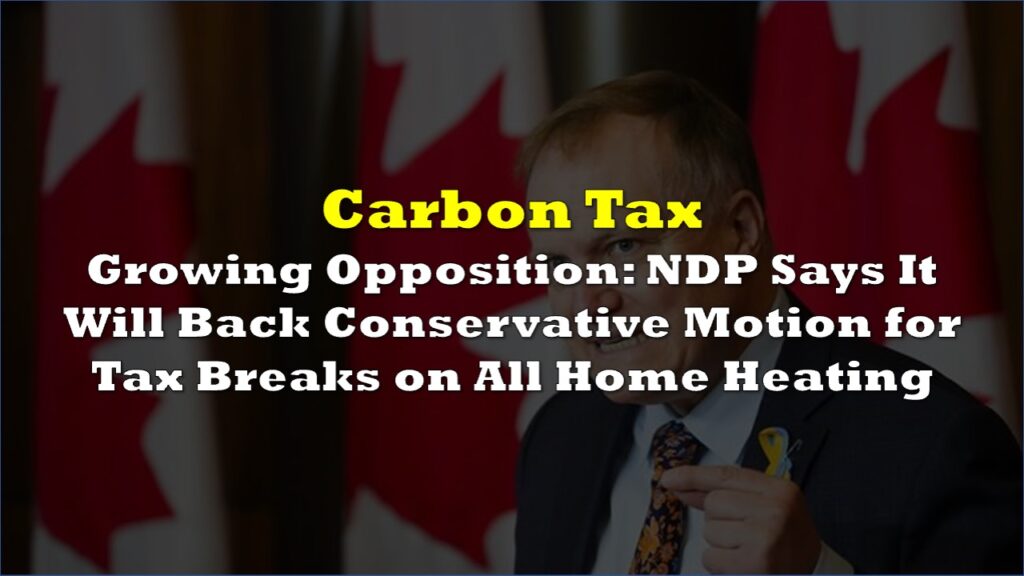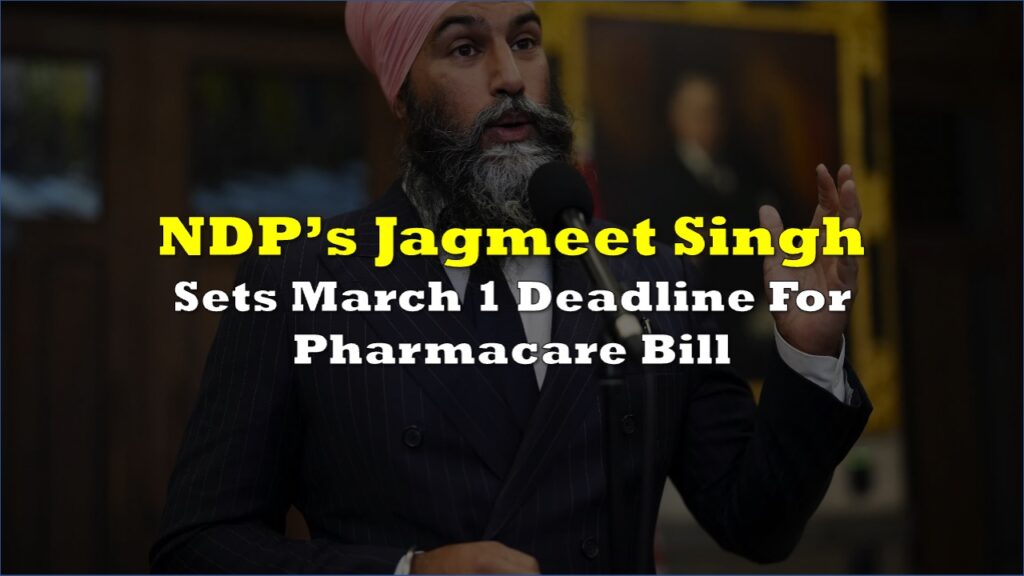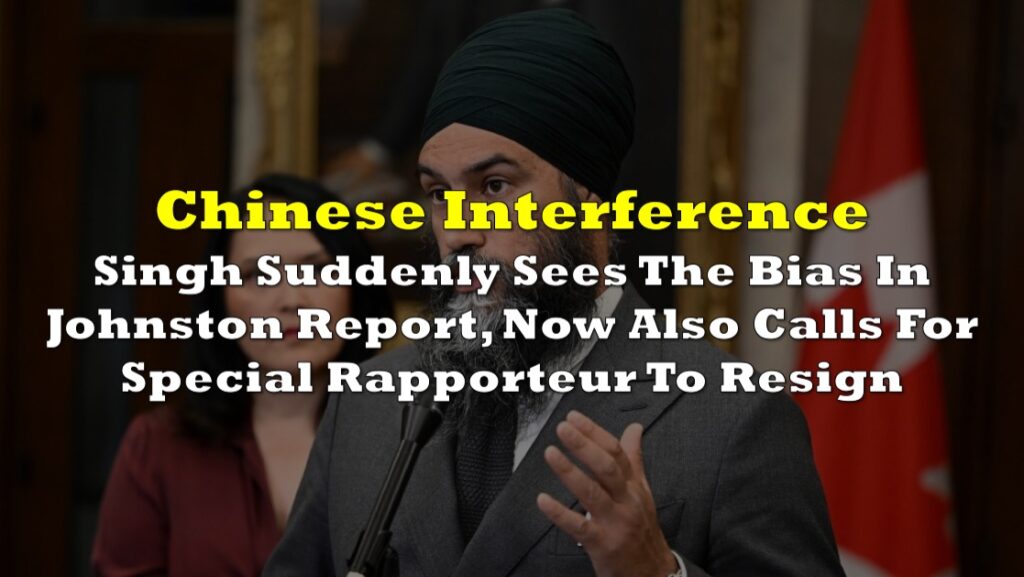The New Democratic Party (NDP) has expressed willingness to extend the deadline for the implementation of a universal national pharmacare program, according to a report by the Globe and Mail, which cited an unnamed NDP source.
This decision comes as a part of the ongoing discussions between the NDP and the Liberal minority government, who have been working together under a supply-and-confidence agreement since March 2022.
The agreement, set to last until the fall of 2025, outlines the need for “progress toward a universal national pharmacare program by passing a Canada Pharmacare Act by the end of 2023.” However, with the end of November fast approaching and no pharmacare legislation on the table, concerns are rising about the commitment of the Liberals to this priority issue.
Sources within the NDP revealed that discussions on pharmacare are taking place between health critic Don Davies and Health Minister Mark Holland, both at the leadership and staff levels. The NDP seems open to extending the deadline if it means achieving more robust legislation. The party leader, Jagmeet Singh, emphasized that their priority is ensuring a comprehensive and entirely public pharmacare program that covers all Canadians.
Recent developments indicate a level of dissatisfaction within the NDP regarding the initial pharmacare legislation draft, which was deemed “not acceptable” and sent back to the Liberals. Singh highlighted the NDP’s firm stance against favoring big insurance and pharmaceutical companies, emphasizing their commitment to legislation that supports families and workers.
The NDP has strategically used its policy convention resolution as leverage, threatening to withdraw support for the supply-and-confidence agreement if the government fails to commit to a universal and entirely public pharmacare program. Singh expressed confidence in moving forward with negotiations, stating that their focus is on doing it right for the benefit of Canadians.
Meanwhile, the Parliamentary Budget Officer’s report estimates the initial incremental cost of a universal drug plan at $11.2 billion for 2024-2025, while revealing potential economy-wide savings to the tune of $1.4 billion in the first year, which rises in the long run. Despite this, the fall economic statement from the Liberal government did not allocate new funding for pharmacare, leaving room for uncertainty regarding the program’s financial commitment.
Information for this story was found via the Globe and Mail, and the sources and companies mentioned. The author has no securities or affiliations related to the organizations discussed. Not a recommendation to buy or sell. Always do additional research and consult a professional before purchasing a security. The author holds no licenses.











